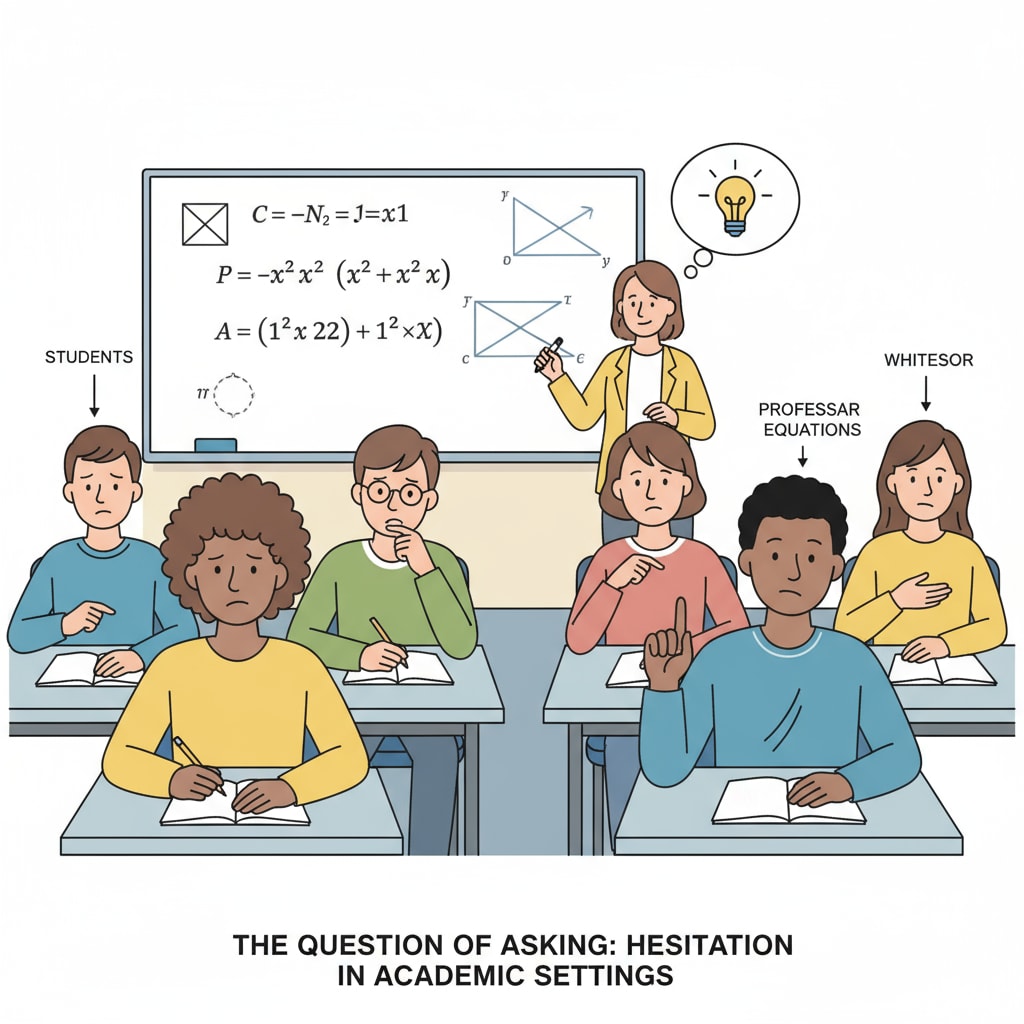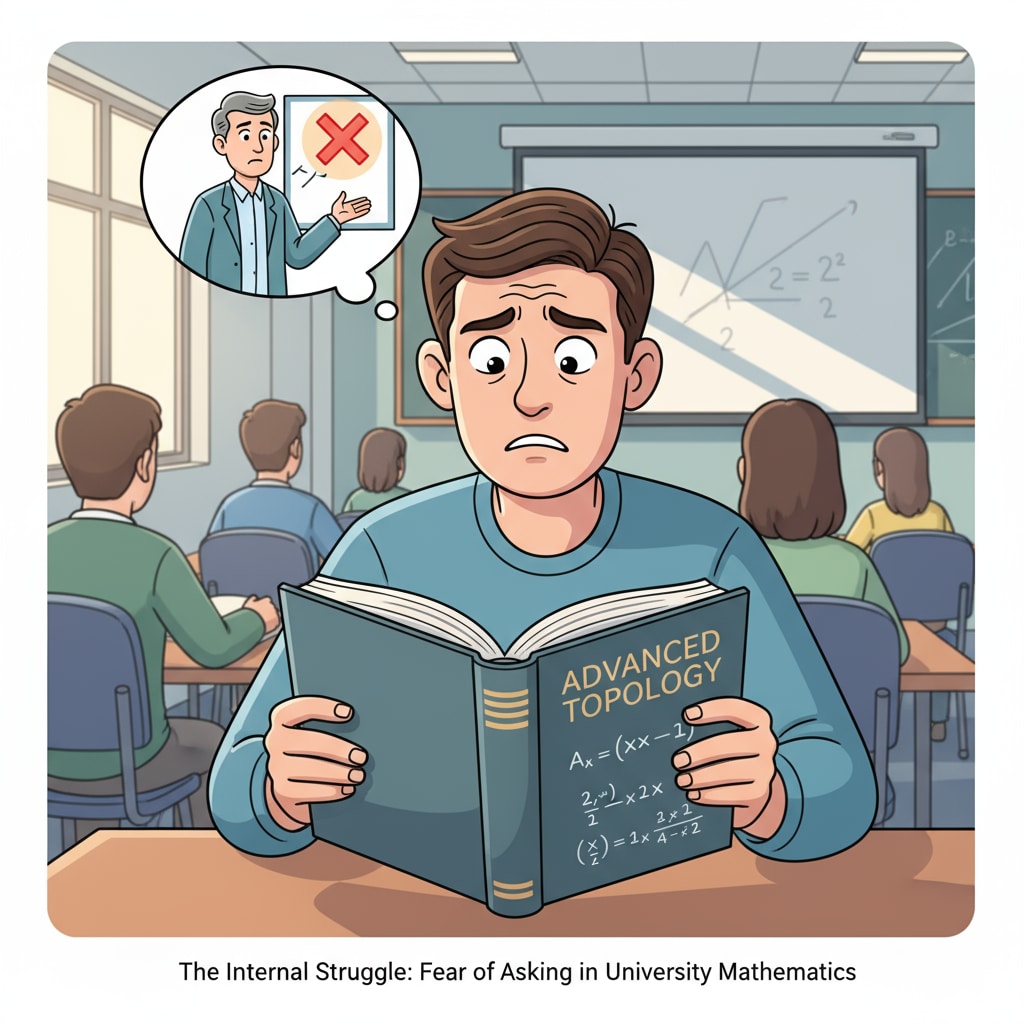In the realm of education, particularly in university mathematics, the issue of students’ questioning frequency and how it relates to teachers’ feelings is a crucial aspect. Many K12 students often hold back from asking questions, fearing that they might be disturbing their teachers. This hesitation can significantly impede their learning progress.

The Root Causes of Students’ Fear of Asking Questions
One of the main reasons students are reluctant to ask questions is the perception of authority. In a traditional classroom setting, teachers are seen as figures of authority. Students may worry that frequent questions will make them seem ignorant or bothersome. For example, in a university mathematics class, a complex theorem might leave students confused, but they hesitate to raise their hands due to this fear. Additionally, past experiences can also play a role. If a student has ever received a negative response or been made to feel stupid for asking a question, they are likely to be more cautious in the future.

The Impact of This Fear on Learning
This fear of asking questions has a detrimental impact on students’ learning. In university mathematics, where concepts build on one another, failing to clarify doubts in a timely manner can lead to a knowledge gap. As a result, students may struggle with more advanced topics. Moreover, it stifles critical thinking and active learning. When students are constantly worried about disturbing their teachers, they are less likely to engage deeply with the material and explore different perspectives.
Understanding Teachers’ Perspectives
Contrary to students’ beliefs, most teachers actually encourage questions. Teachers understand that questions are a sign of active engagement and a desire to learn. In fact, they often view students who ask questions as more motivated and dedicated. For instance, a teacher in a university mathematics course may be delighted when a student asks a thoughtful question, as it indicates that the student is actively processing the information. Teachers also recognize that answering questions helps them identify areas where students are struggling and adjust their teaching accordingly.
Strategies to Foster a Positive Questioning Culture
To overcome students’ fear of disturbing teachers, it is essential to create a positive questioning culture. Teachers can start by explicitly encouraging questions from the beginning of the course. They can set a friendly and approachable tone, assuring students that no question is too silly. In addition, teachers can allocate specific time for questions during class or create online forums where students can ask questions anonymously. This provides a safe space for students to express their doubts without fear of judgment. Another effective strategy is to reward students for asking questions, not necessarily with tangible rewards but with positive feedback and recognition.
In conclusion, students in K12 education, especially those studying university mathematics, should be brave enough to ask questions without worrying about disturbing their teachers. By understanding the root causes of their fear, recognizing the importance of asking questions for learning, and implementing strategies to create a positive questioning culture, we can empower students to become active learners. Education on Wikipedia Education on Britannica
Readability guidance: The article uses short paragraphs to present ideas clearly. Each H2 section provides a focused discussion. Passive voice is minimized, and transition words like “for example”, “additionally”, and “moreover” are used to enhance flow. Lists and explanations are used to make the content accessible.


